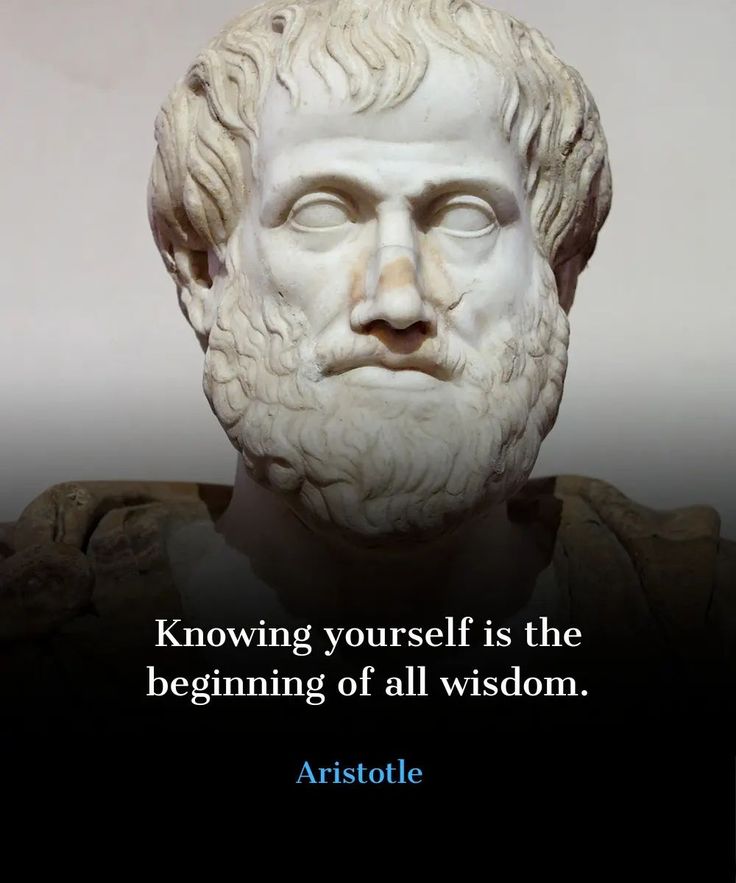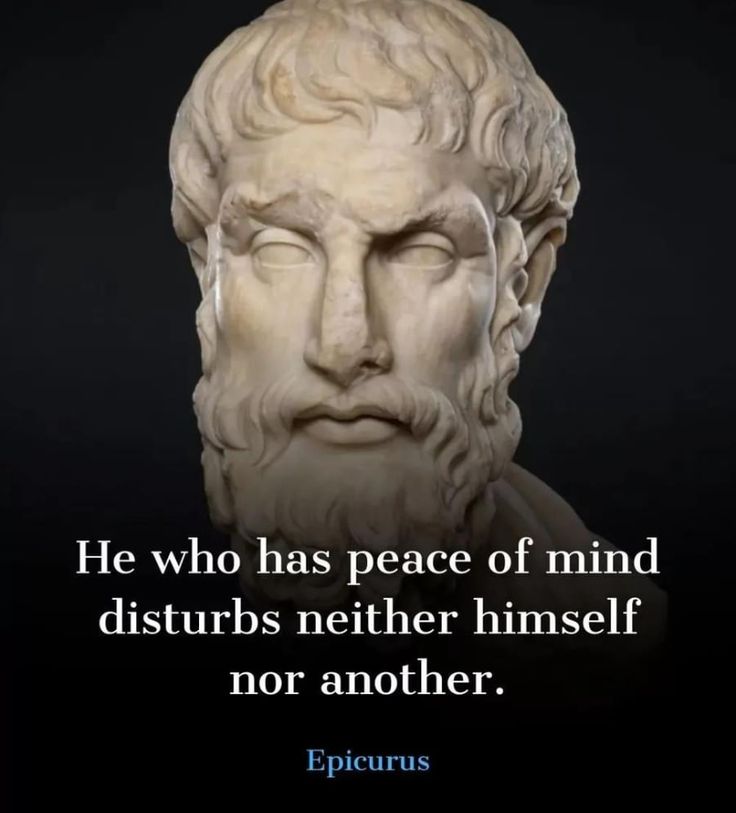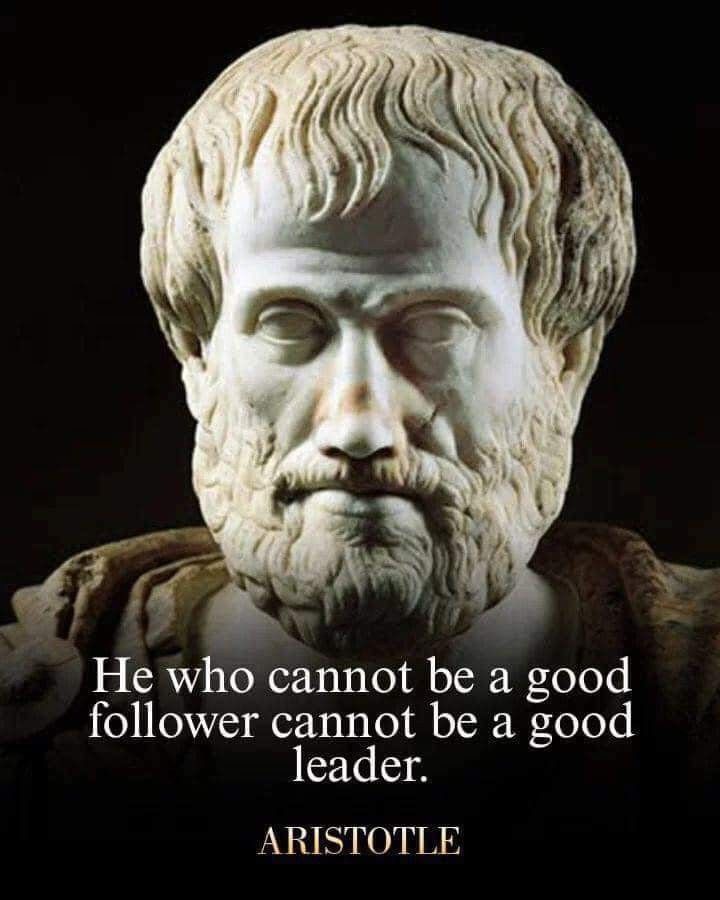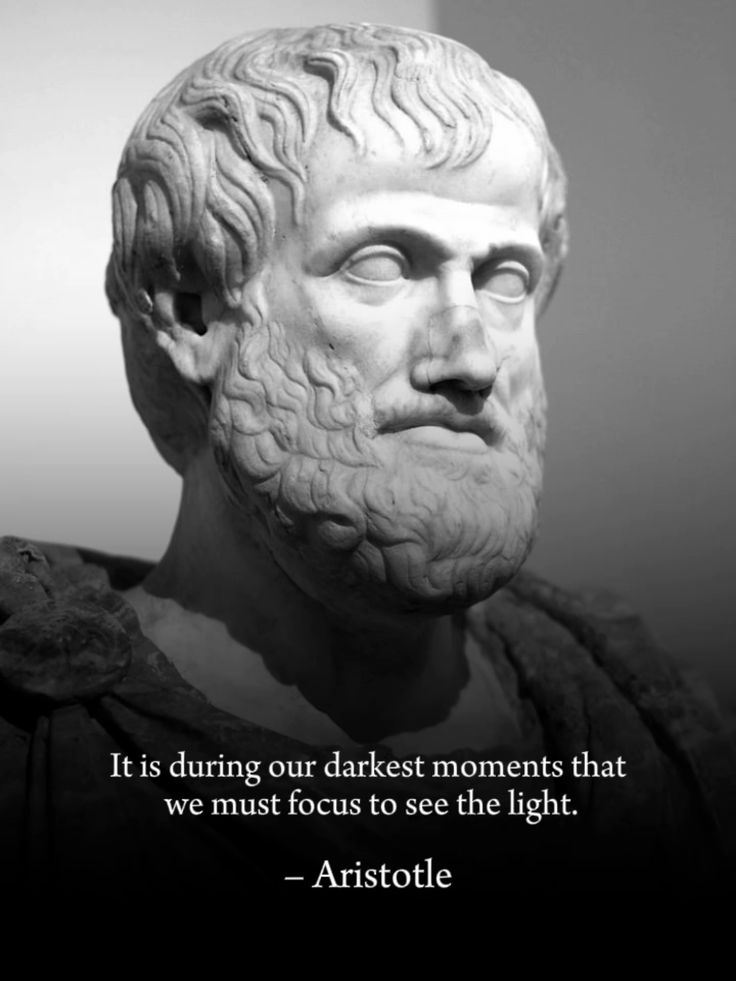Knowledge, Learning, and Wisdom: Aristotle’s Philosophy
Aristotle, one of the most influential philosophers of ancient Greece, made profound contributions to various fields of study, particularly in the realms of knowledge, learning, and wisdom. His ideas, rooted in observation, logic, and ethics, continue to shape modern education, philosophy, and science. Understanding Aristotle’s perspective on these subjects allows us to gain insight into how human beings acquire knowledge, how learning shapes character, and how wisdom distinguishes itself as the highest intellectual virtue.

The Nature of Knowledge
Aristotle categorized knowledge into three primary types: episteme (scientific knowledge), techne (practical knowledge or skill), and phronesis (practical wisdom). These distinctions highlight the different ways in which human beings engage with the world and process information.
- Techne (Practical Skill): This form of knowledge refers to craftsmanship or technical expertise. Aristotle saw techne as a learned skill that enables individuals to create or achieve something through practice and experience. For example, an artist, a carpenter, or a doctor possesses techne in their respective crafts.
- Phronesis (Practical Wisdom): Unlike scientific knowledge, which is universal, phronesis is about making sound judgments in particular situations. It is closely tied to ethics, as Aristotle argued that a wise person knows how to act virtuously in different contexts.
The Process of Learning
Aristotle viewed learning as an active process that involves experience, observation, and reasoning. He emphasized that knowledge is not merely acquired but must be understood through engagement with the world.
The Role of Experience
Aristotle argued that experience (empeiria) is the foundation of knowledge. He stated, “All men by nature desire to know.” This desire drives individuals to seek experiences, which in turn lead to learning. He believed that knowledge begins with sensory perception; through repeated encounters, individuals recognize patterns and develop an understanding of cause and effect.
For instance, a doctor learns medicine not only by studying theories but also by practicing and treating patients. Through experience, knowledge becomes internalized and refined over time.
The Importance of Observation
Observation plays a crucial role in Aristotle’s theory of learning. He argued that humans naturally observe and categorize the world around them, allowing them to distinguish between what is essential and what is incidental. In his biological works, Aristotle meticulously classified different species, demonstrating his belief that careful observation leads to deeper understanding.
Reasoning and Logical Deduction
While experience and observation provide raw data, reasoning helps individuals make sense of it. Aristotle developed the syllogism, a form of logical argument where a conclusion is drawn from two premises. For example:
- All humans are mortal.
- Socrates is a human.
- Therefore, Socrates is mortal. This method of reasoning became the foundation of formal logic and critical thinking, demonstrating how learning is not just about collecting facts but also about making connections between them.

Wisdom as the Highest Virtue
While knowledge and learning are essential, Aristotle considered wisdom (sophia) as the highest intellectual virtue. Wisdom, for Aristotle, was a combination of both theoretical knowledge (episteme) and practical wisdom (phronesis).
. Theoretical Wisdom (Sophia)
Theoretical wisdom involves understanding the fundamental principles of reality. It is the type of wisdom sought by philosophers who study the nature of existence, morality, and the universe. Aristotle believed that the pursuit of wisdom for its own sake was one of the most fulfilling endeavors of human life.
Practical Wisdom (Phronesis)
Practical wisdom, on the other hand, is the ability to make good decisions in everyday life. Aristotle believed that ethical behavior is not just about following rules but about understanding the right action in each situation. A wise person does not act impulsively but considers the consequences of their actions and seeks balance and virtue.

The Role of Education in Cultivating Knowledge and Wisdom
Aristotle saw education as essential for the cultivation of virtue and wisdom. In his work “Nicomachean Ethics,” he argued that good habits and a strong moral character are developed through consistent practice and proper instruction. He emphasized the importance of:
- A Well-Rounded Curriculum: Aristotle believed that education should not be limited to one subject. He advocated for a broad education that includes philosophy, mathematics, science, literature, and the arts.
- Moral Education: He stressed that education should not only impart knowledge but also develop character. He argued that virtues such as courage, temperance, and justice should be taught from an early age.
- The Role of Teachers: Teachers, according to Aristotle, should not just transmit information but also serve as role models. He believed that students learn best when they see virtues exemplified in their instructors.
The Relationship Between Knowledge, Learning, and Happiness
Aristotle believed that the ultimate goal of human life is eudaimonia, often translated as “flourishing” or “happiness.” He argued that true happiness is not found in pleasure or material wealth but in the pursuit of virtue and wisdom.

- The Life of the Mind: Aristotle maintained that a life devoted to learning and contemplation leads to the highest form of happiness. He stated, “The energy of the mind is the essence of life.”
- Balancing Knowledge and Action: While theoretical knowledge is valuable, Aristotle emphasized the need for balance. A person must also cultivate practical wisdom to apply their knowledge effectively in daily life.
- Self-Realization: Aristotle believed that each person has a unique purpose or “telos.” By continuously learning and striving for excellence, individuals can fulfill their true potential and achieve a meaningful life.
Conclusion
Aristotle’s insights into knowledge, learning, and wisdom continue to resonate in modern discussions on education, philosophy, and personal development. His belief that knowledge is acquired through experience, refined by reasoning, and elevated by wisdom underscores the importance of lifelong learning. Aristotle’s teachings remind us that knowledge is not just about acquiring facts but about understanding the world, making sound judgments, and ultimately leading a fulfilling life. In his words, “We are what we repeatedly do. Excellence, then, is not an act, but a habit.”


